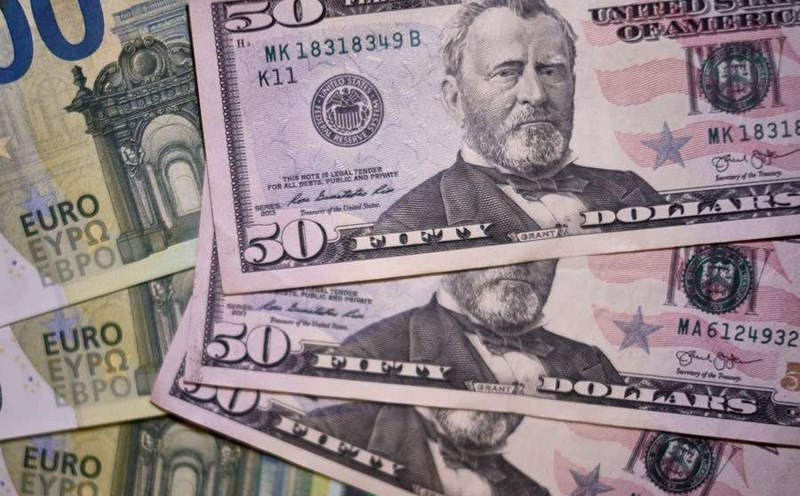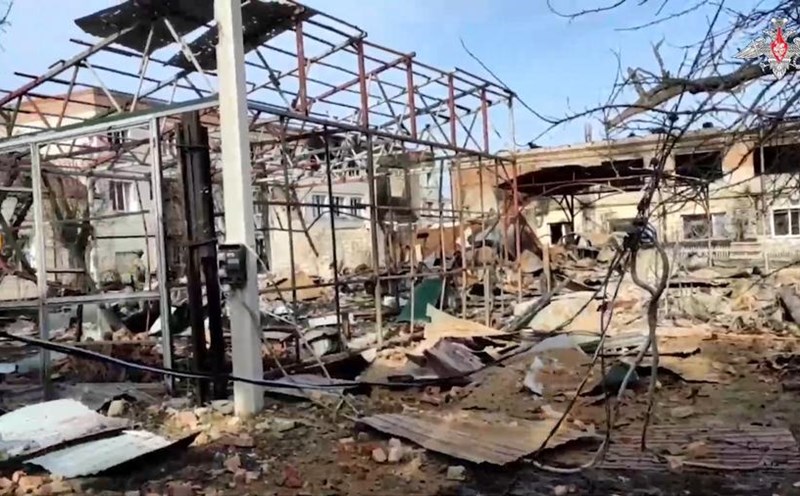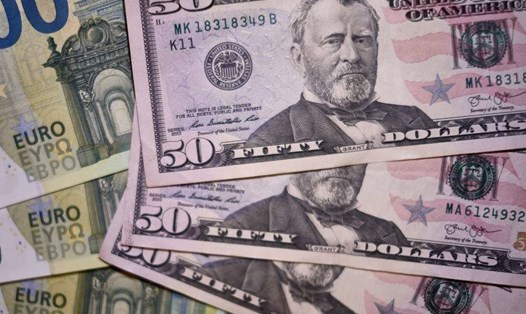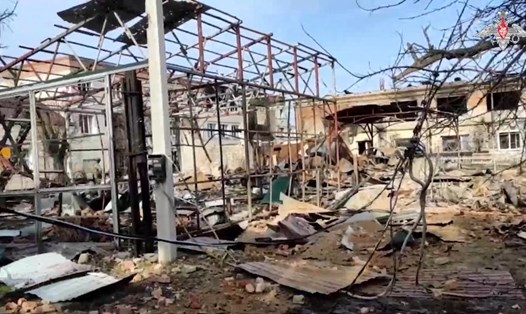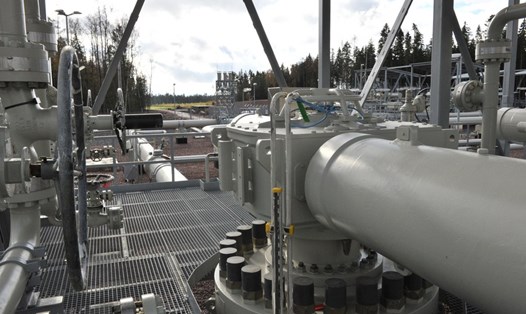In a surprising turning point on the European energy chess, the US could take control of the Nord Stream 2 gas pipeline to bring Russian gas to Germany, according to Bild on March 20.
If this scenario becomes a reality, it will completely overturn the geopolitical and energy situation between Washington, Berlin and Moscow.
According to German newspaper Bild, the US and relevant parties are discussing a new gas deal in which Washington could take control of Nord Stream 2 - a project that was frozen by Russian sanctions.
If the pipeline is put back into operation under US control, Russian gas will still be able to flow to Germany, but not under direct control of Moscow.
However, to implement this plan, not only the US but also the European Union (EU) must partially lift sanctions against Russia. Currently, German companies cannot trade directly with Russia but must go through third countries, making gas supplies more expensive and complex.

While this could help lower gas prices and stabilize German industry, some European experts are skeptical.
Simon Gerards, a Russian expert at the German Economic Institute, said that the EU's lifting of sanctions in exchange for Russian gas would be "a completely unacceptable political collapse".
Despite the objections, some politicians in the Christian Democratic Union (CDU) have not ruled out re- importing Russian gas when the Ukrainian conflict ends.
MP Thomas bareis admitted that if Berlin- Moscow relations are normalized and sanctions are gradually eased, restarting Nord Stream 2 could be a viable option.
He even suggested that the pipeline could operate under US supervision to ensure Germany's energy security without "losing the EU's face".
Jan Heinisch, Vice President of CDU in Nordrhein-Westfalen, stressed Germany's need to avoid relying on a single supplier and not let other countries impose gas prices on the German economy. He is also involved in planning the energy strategy for the potential CDU/SPD alliance.
However, not everyone agrees with this prospect. German Economy Minister Robert Habeck said on March 17 that restoring Nord Stream 2 to re-inflate Russian gas was "a completely wrong decision".
The European Commission (EC) itself also expressed a negative view, with spokesperson Anna-Kaisa Itkonen asserting that Nord Stream 2 "is not an EU concern" because it does not help diversify energy supply.
Since Russia cut off gas supplies through Ukraine and Nord Stream was destroyed in 2022, Germany has struggled to find alternative energy sources.
Despite boosting imports of liquefied natural gas (LNG) from the US, Norway and Qatar, Europe's largest economy still faces high energy costs, reducing the competitiveness of the country's industry.

